Childhood depression is indeed a serious mental health condition that parents need to help their kids deal with. Often, depression in kids is overlooked due to the fact that most of us believe that it is normal for children to experience ups and downs in their behavior. But if you ever find your child showing symptoms of depression, it is important to pay attention and if required, seek professional help.
Since the home is where a child blooms, there are a few significant things you can do to help your child overcome childhood depression.
7 Things You Can Do To Fight Childhood Depression
1. Know the signs and symptoms of childhood depression.
Most often, depression is considered to be prevalent only in adults. This notion itself is completely wrong. Some recent studies have shown that one in four children or teenagers suffer from depression.
Unlike adults, children are more likely to show irritability than the usual depressive mood. They might not be active in nature or interested in the usual activities. You might find them sleeping either too less or too much. They can express their helplessness by keeping themselves away from socializing. Apart from all these, you may also find weight gain/ weight loss, fatigue and on the extreme end, thoughts about death and suicide.
2. Understanding the risk of suicide
Sometimes, kids try to voice their feelings by saying that they do not want to live or they are bored with living. If your child says so, please be aware that it is a huge warning sign of childhood depression. Hence, do not neglect it, but try to pay attention and seek professional help if required.
3. Spend quality time with your child
It is an absolute necessity to spend quality time with your kids. Although depression in children has always been a complex condition to comprehend, parents can play a major role in helping them out. Give them time, so that they have someone to listen to. Try to know their inner struggles and give them ample emotional support. While trying to do this, be careful that you do not appear to be judgmental, but open-minded. Parents’ strong support can go a long way in fighting childhood depression.
Read How Childhood Trauma Impacts our Physical, Emotional and Relational Health
4. Talk to your pediatrician
The good news about depression in children is that it is treatable. As a parent, you should ensure that your child gets the proper professional help to overcome their depression. When you consider medical help, the first thing you can do is to talk to your child’s doctor. Perhaps, he can give you good advice and rule out any physical condition that may cause depression. The doctor might ask you to undergo a series of blood tests and physical examination in order to determine everything.
5. Seek the help of a therapist for childhood depression
A therapist can help you and your child to tackle the situation and advise further if you need to consult a psychiatrist and if medication is required. In any case, you should be consistent with the treatment and help your child come out of the situation for a happy life ahead.
However, when you have begun the initial steps to help your child overcome depression, make sure you are consistent in what you do. Do not neglect the treatment or medication. Remember that untreated depression can lead to repeated suicidal thoughts, severe depressive episodes, prolonged and worsening symptoms, and other mood disorders.
6. Encourage a healthy lifestyle
As you provide proper treatment to your child, it is also important to inculcate the importance of a healthy lifestyle to them. To some extent, symptoms of depression can be managed with regular exercise, healthy food habits, and disciplined sleep habits. As a parent, you can support them by advocating the importance of these healthy habits.
7. Help your child to feel connected
Feeling isolated and lonely is one of the most horrible side-effects of depression. Some kids do not show interest in meeting or mingling with their friends. In that case, you may slowly try to engage them in a few social activities where they get to interact with children of their age. You may also try to arrange a gathering where you could give your child an opportunity to feel fresh or maybe stay connected.
In a nutshell, if depression is diagnosed, proper treatments and healthy lifestyle changes should be instilled in children, so that they are assured of a bright and happy life in the future.
Frequently Asked Questions (FAQs)
Can kids get depressed when they fail a grade?
Lower grades in school is a sign of depression in children but when they fail, it can lead them to develop sadness, anxiety or other behavioral issues.
Can the way people treat you cause depression?
There is no single reason behind depression but experiencing abuse or maltreatment can cause a person to develop depression, especially among children who face ill-treatment or neglect.
How does depression affect a child’s life?
A child may exhibit signs of depression and some ways it affects their life are displaying unruly behavior, low grades, and low motivation in academics.
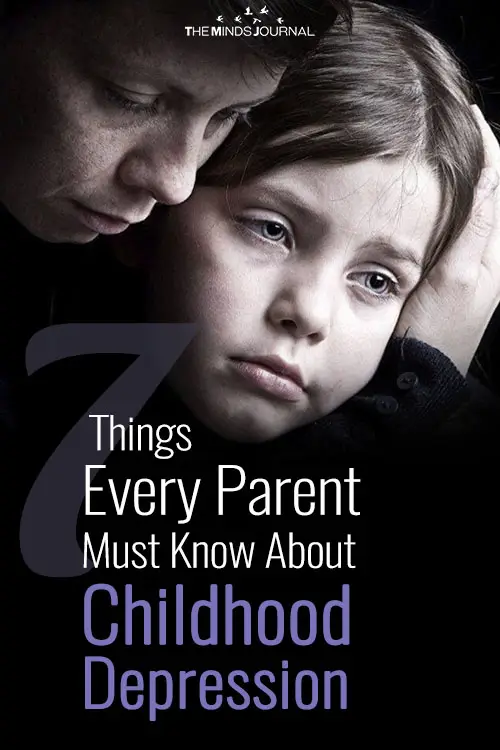
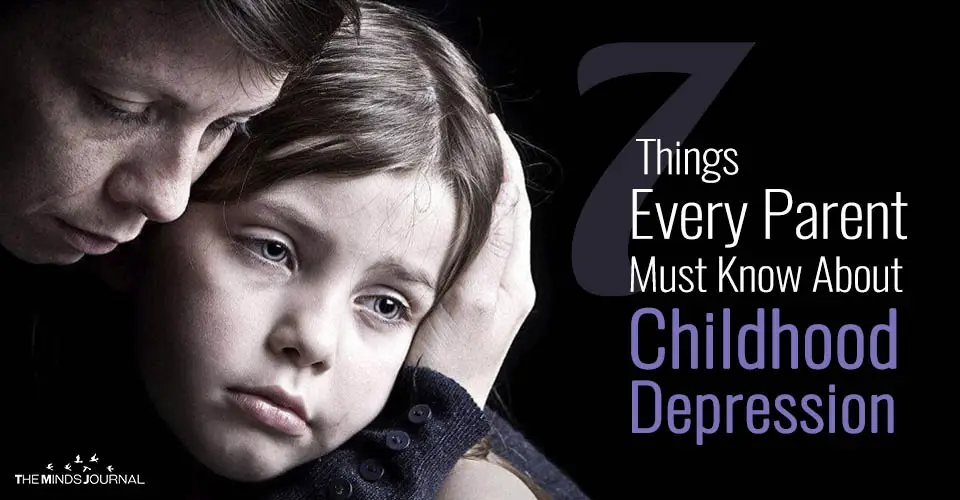
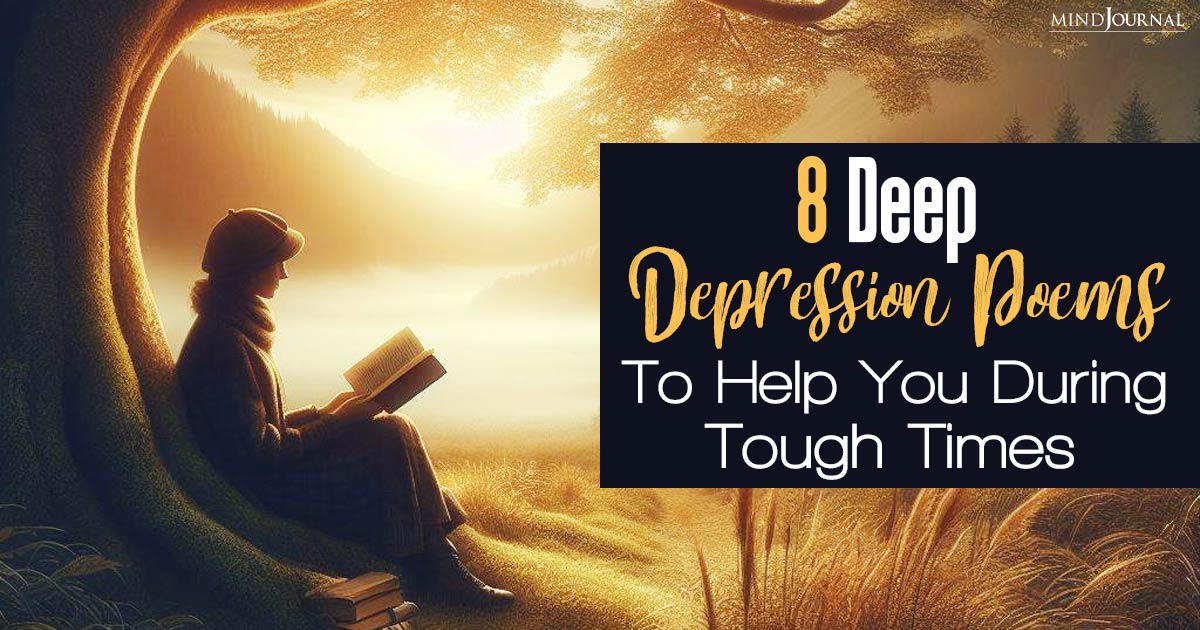

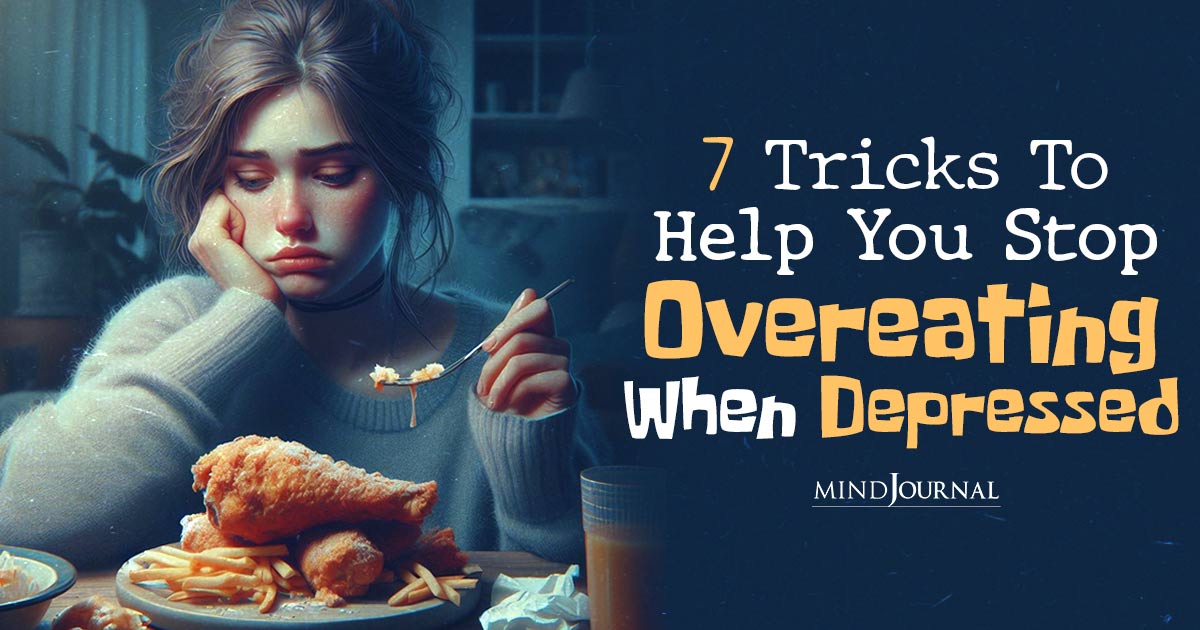
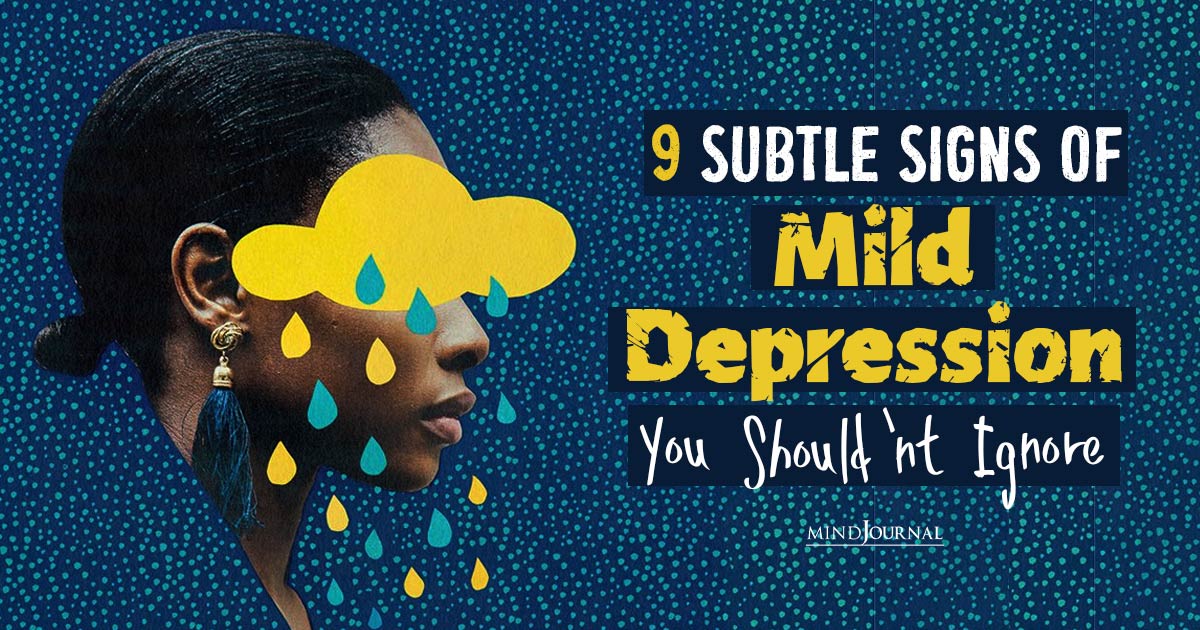
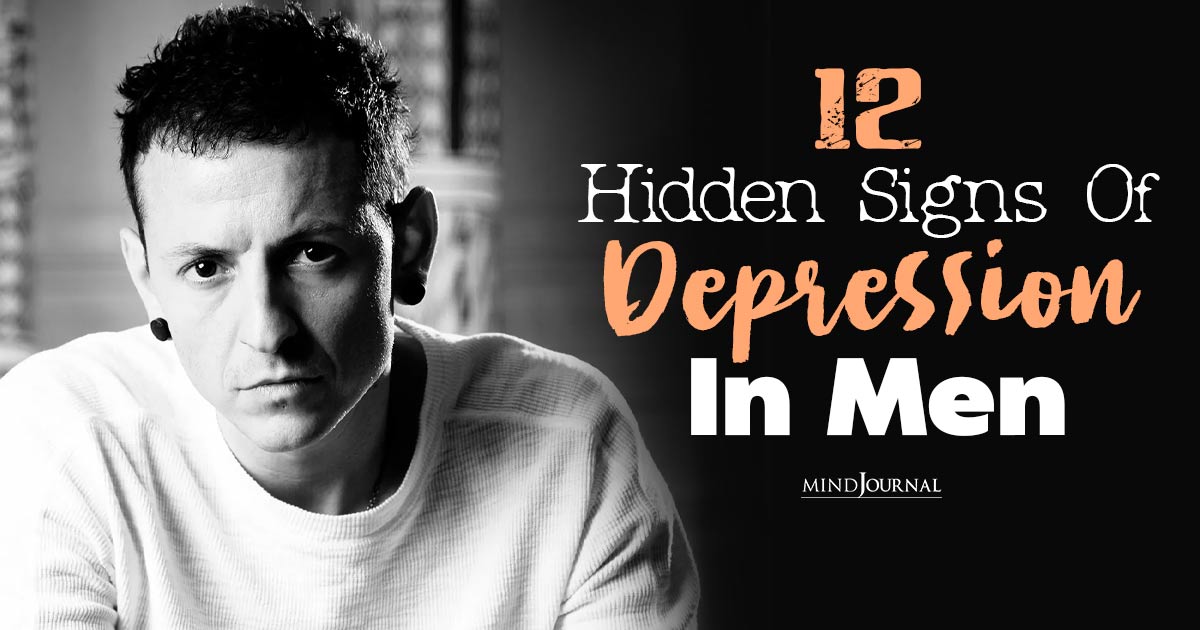

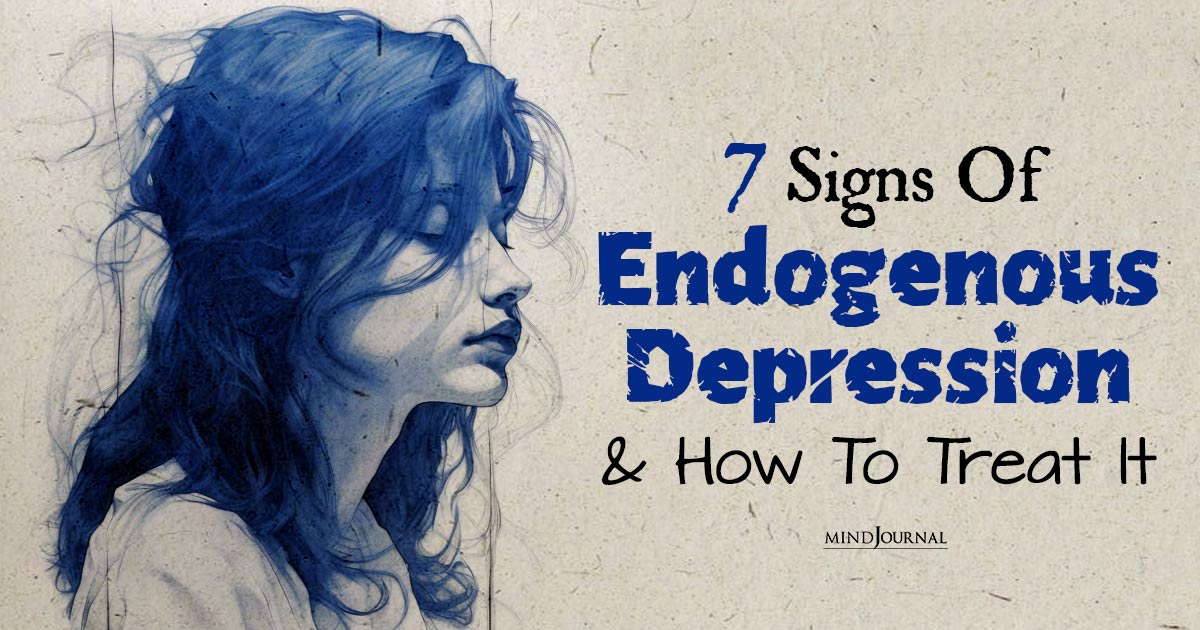
Leave a Reply
You must be logged in to post a comment.